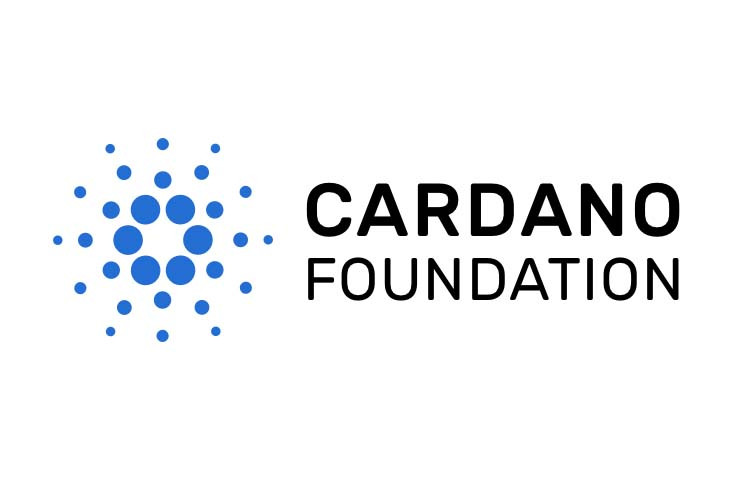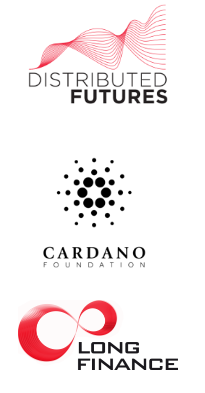Cardano and Z/Yen look at threat of quantum computing to blockchain security
The report is titled 'The Quantum Countdown: Quantum Computing and the Future of Distributed Ledger Encryption'.

The Cardano Foundation, the Zug-based organisation behind the Cardano blockchain, has published a report with think-tank Z/Yen examining how quantum computing could threaten the security of public key cryptography.
The report, "The Quantum Countdown: Quantum Computing and the Future of Distributed Ledger Encryption", is part of Cardano Foundation and Z/Yen's Distributed Futures research programme dedicated to blockchain, cryptocurrencies and artificial intelligence.
Authored by technology legal expert Maury Shenk, it finds that if – and when – large-scale quantum computers become available, they would break the security of widely-used public key cryptography, which allows remote parties to communicate securely and authenticate transactions without sharing a secret key in advance.

Shenk's report explains the essentials of cryptography, quantum computing, and how quantum computing threatens public key cryptography. It then considers the available solutions to the problem and provides frameworks for deciding when and how to respond to it.
Distributed Futures, led by Professor Michael Mainelli, co-founder of Z/Yen, share intelligence on mutual blockchain cryptocurrencies, FinTech, RegTech, and other interesting topics where disruptive technology meets finance. Professor Mainelli is an influential voice on the London blockchain scene, with particular insight around technology for banking and insurance.
Cardano is pushing blockchain innovation in a few areas, such as proof of stake; its Ouroboros PoS algorithm guarantees the process of electing slot leaders, who create blocks, is done in a truly random manner. As such, Ouroboros aims to demonstrate a fully game theoretical analysis of PoS.
Michael Parsons, Chairman, Cardano Foundation, said: "As part of our extensive blockchain research programme with Z/Yen, we are exploring a range of issues from the technological, to regulation and governance and industry applications. The topics explored are forward-looking by their very nature, and the possible impact of quantum computing on the blockchain is a case in point."






















